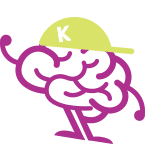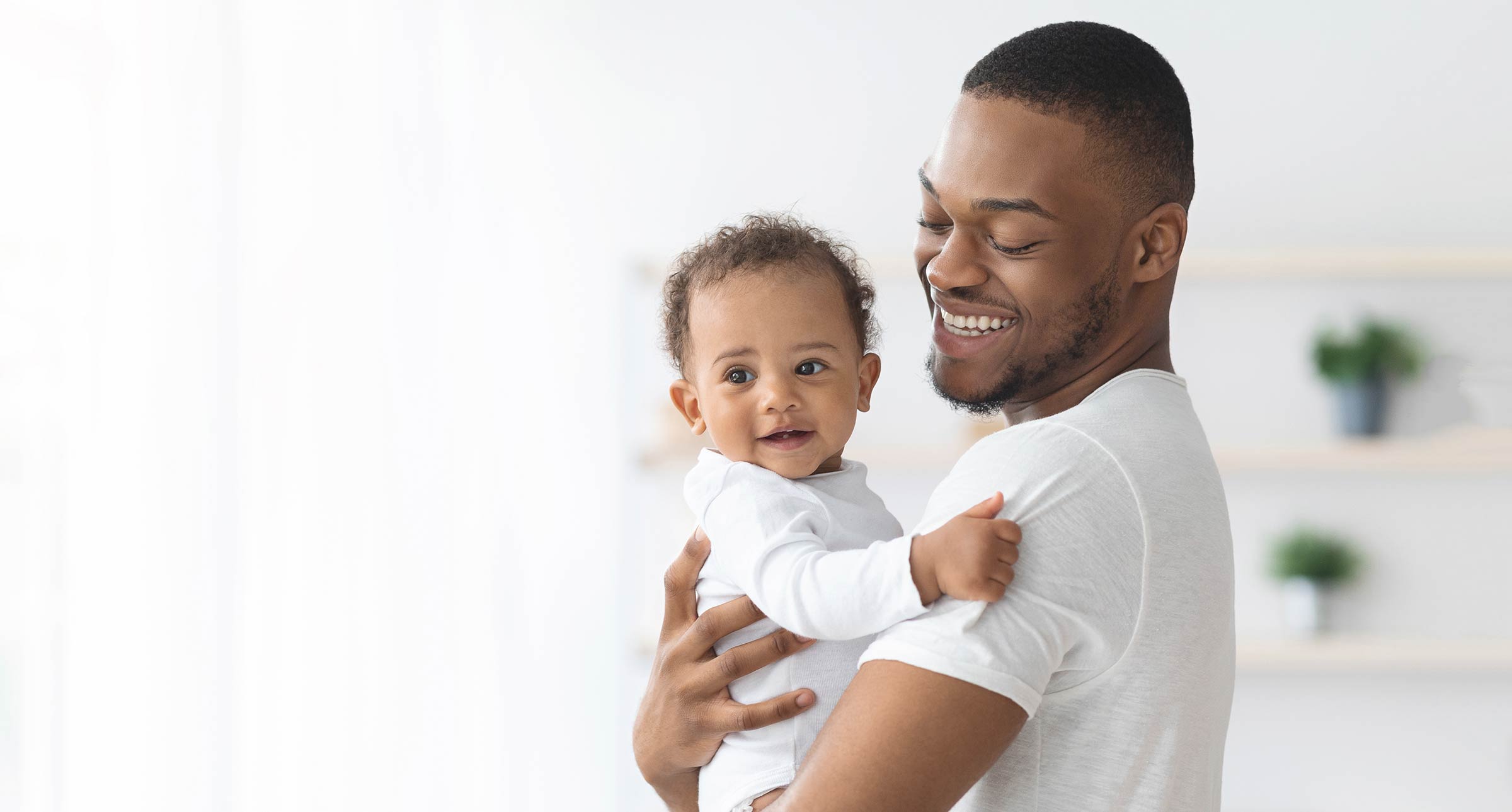Can Children Have A Migraine Headache?
Yes!
Over 1 out of 10 patients with migraine headaches as adults say their first attack was before age 7 years.
How Can Parents Tell If Their Children Are Having a Migraine Headache
Unlike adults who can describe their symptoms (one-sided pounding headache with sensitivity to light, sound, nausea, and vomiting) most young children are limited in their ability to describe their headache given their developmental stage.
Important clues that can alert parents that their child is having a migraine headache is where their child suddenly (over a matter of minutes) appears:
- Unwell or pale
- Bangs or holds his or her head
- Complains of a stomach-ache and/or vomits
- Stops play
- Wants to go lay down to rest in a dark, quiet room
- After a period of rest/sleep, they go back to their activity

What can parents do to help their child during a migraine headache?
The most effective strategy is to help their child get to a quiet dark area for them to sleep. In children, effective medications are Ibuprofen (Advil) and Acetaminophen (Tylenol). Some parents find that Advil works slightly better than Tylenol. Both Advil and Tylenol can be taken together.
What can parents do to prevent episodes of migraine headaches?
Healthy habits include a good number of hours of sleep, regular exercise, and proper hydration are the cornerstones of preventing migraine headaches in children.
Stress can be a factor – read more on how to Reduce Anxiety and Stress in Kids & Teens
Avoid the following:
Caffeine and too much sugar.
Stress can be a factor.
It is also important for parents to understand that children who are emotionally upset (bullying in school, high stress) can also cause an increase in frequency of migraine headaches.
Prescribed medications taken daily can be used for those children who are having very frequent headaches and in whom healthy habits are not decreasing the frequency of migraine headaches.






































